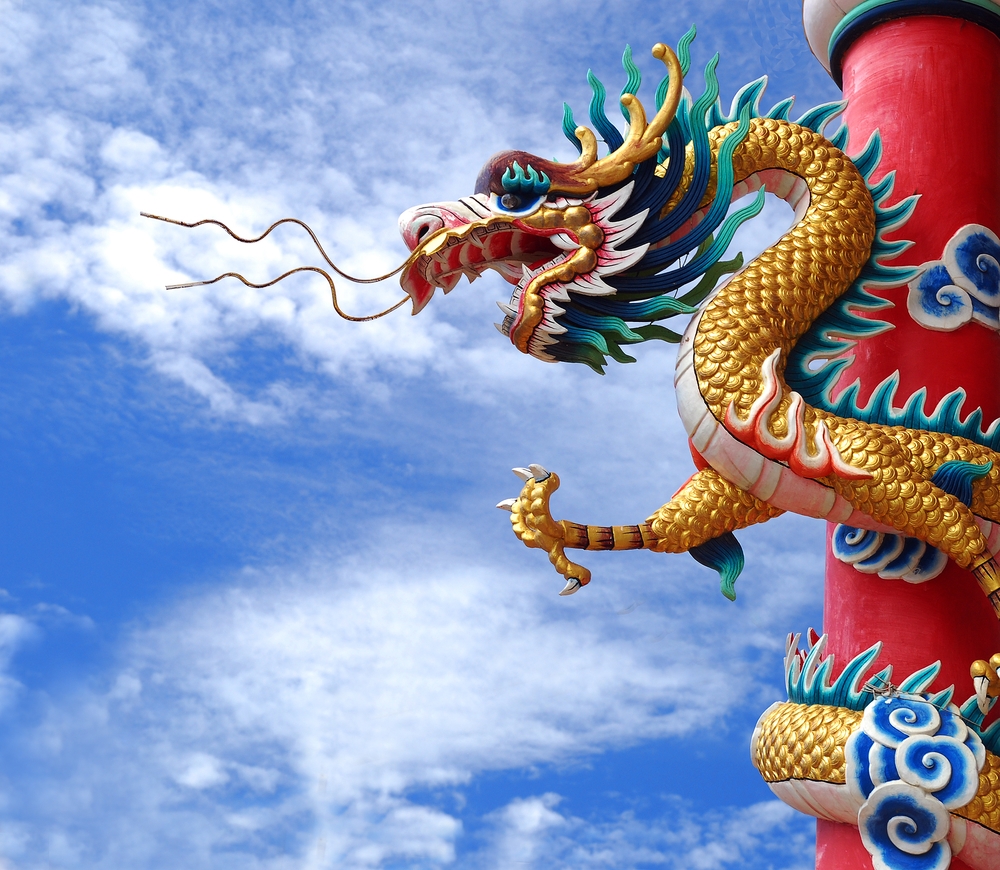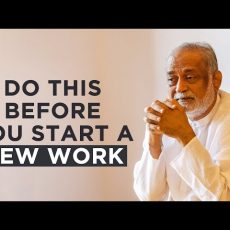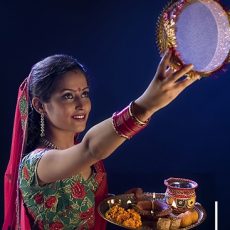Swami Chaitanya Keerti
In the light of growing divide between many communities in India, and all kinds of conflicts are erupting every day into a large-scale violence leading to loss of emotional wellness among individuals and different groups of society. It has become very important to pay attention to the insights given by enlightened people. And media should play a pivotal role in helping to resolve these conflicts, but what it does in reality, is helping to widen these gaps between communities. It does it unconsciously or with a certain greed to widen its reach to maximum numbers of viewers and readers. All the negative news and conflicting views have become the need and feed for the common people thus damaging the emotional wellness and overall wellbeing. It is their breakfast, lunch, and dinner. Such conflicts have become raison d’etre for so many Tv channels, which are shouting and screaming on top of their voice that they are the first to bring this Breaking News. It is indeed the breaking news–it is breaking something in a cruel manner which is very fragile. Media has become monstrously insensitive in India. Happyho also provide best Meditation classes in Noida and Delhi NCR India area.
In the past, Indian media has been aping the Western media to become more and more aggressive. Now it has left the Western media far behind. And now the Western media is giving more space to intelligent discussion and ideas. They realised that the negative news and all the shouting on screen is impacting social texture of the country thus damaging emotional wellness of their viewers. Recently I observed this on one of the US news channels which has a prominent host Oprah interviewing Eckhart Tolle: In light of what many people see as a growing divide in the country, separating millions of Americans, Oprah asks spiritual teacher Eckhart Tolle whether it is possible to disagree with another person without getting sucked into the negativity?
“You don’t have to be disagreeable when you disagree,” Eckhart says. “What that saying implies is you don’t have to be totally identified with your perspective and your viewpoint. And yet, you can put it forward in strong terms: This is how I see it. Without deriving your sense of identity from it.”
In India, this has been the original way of discussion and discourse between individuals and communities since the ancient times. The conflicts and fights happen because of unconscious identifications, and not because of wisdom or intelligence. Then, the simple things become too much politicised, and as soon as these things become politicised, the atmosphere becomes vitiated and violence erupts and spreads like wildfire. We need to change this whole thing to the way we did in ancient times. And certainly, we can improve upon it also.
Eckhart explains why you shouldn’t feel like your identity is being threatened when someone challenges your views, since “your sense of identity arises from a deeper place.”
Osho tells an ancient story in the time of the enlightened mystic Ashtavakra: When Ashtavakra was twelve years old, Janak hosted a huge debating conference. Janak was an emperor, and he invited the pundits of the whole country to debate on the scriptures. He had one thousand cows placed at the palace gate and had the horns of the cows plated with gold and decorated with jewels. He proclaimed, ”Whoever is victorious, shall take possession of these cows.”
It was a great debate. Ashtavakra’s father also participated. As dusk was falling, the message came to Ashtavakra that his father was losing. He had already defeated all the others, but he was about to be defeated by a pundit named Vandin. Receiving this message Ashtavakra went to the palace. The hall was decorated. The debate was in its final stage and the decisive moment was fast approaching. His father’s defeat was a complete forgone conclusion – he was on the very edge of defeat. The pundits saw Ashtavakra as he entered the royal court. They were all learned scholars. His body was bent and deformed in eight places: he had just to move and anyone would start laughing. His very movement was a laughing matter. The whole meeting broke into laughter. Ashtavakra also roared with laughter. Janak asked, ”Everyone else is laughing. I can understand why they laugh, but why did you laugh, my son?”
Ashtavakra said, ”I am laughing because the truth is being decided in this conference of butchers” – the man must have been extraordinary. ”What are all these skinners doing here?” A deep silence fell over the meeting. Butchers? Skinners? The king asked, ”What do you mean?” Ashtavakra said, ”It is simple and straightforward: They only see skin, they don’t see me. It is difficult to find a man more pure and simple than me, but they don’t see this; they see a bent and deformed body. They are skinners, they judge by the skin. Your Majesty, in the curve of a temple, is the sky curved? When a pot is smashed, is the sky smashed? The sky is beyond change. My body is twisted, but I am not. Look at the one within. You can’t find anything more straight and pure.”
It was a very startling declaration. There must have been pin-drop silence. Janak was impressed, astounded: ”Absolutely right, why had he gathered a crowd of skinners there?” He became repentant, he felt guilty that he too had laughed. That day the king couldn’t manage to say anything, but the following day when he was out on his morning ride he saw Ashtavakra on the way. Janak dismounted from his horse and fell at his feet. The day before, in front of everyone, he couldn’t find the courage. The day before he had said, ”Why do you laugh, my son?” Ashtavakra was a boy of twelve years, and Janak had considered his age. This day he didn’t notice the age. This day he got down from his horse and fell at Ashtavakra’s feet…





